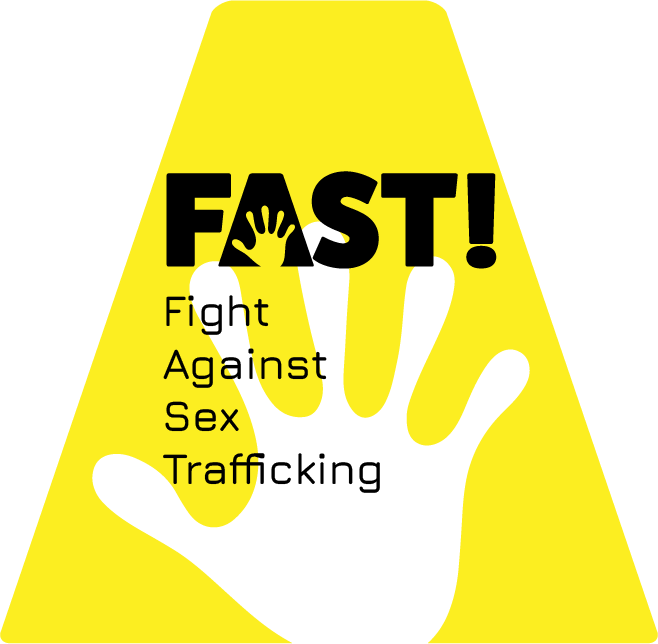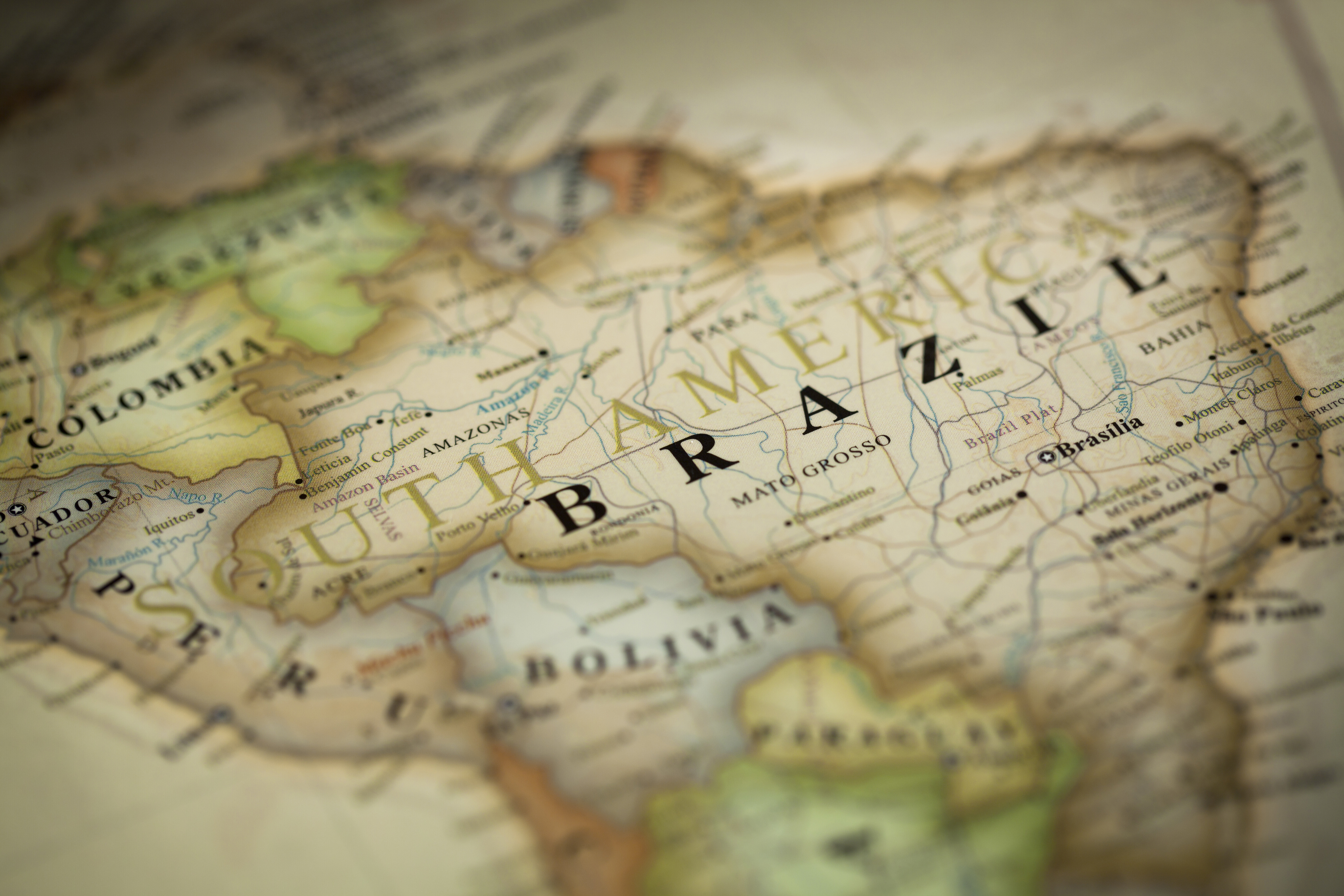The Dynamics of Human and Sex Trafficking in Brazil. Brazil stands out as a country of significant interest and concern in the global fight against human and sex trafficking due to a combination of geographical positioning, border issues, legislative gaps, and socio-economic factors.
Geographically, Brazil’s expansive borders and proximity to various countries create a complex landscape for human traffickers to exploit. The extensive and often porous borders with several neighboring nations provide traffickers with ample opportunities to transport victims across international lines, making detection and intervention challenging for law enforcement. This geographical reality enhances the appeal of Brazil as a transit and destination country for trafficking networks.
The Dynamics of Human and Sex Trafficking in Brazil
The lack of clear legislation and comprehensive legal frameworks to combat human trafficking further exacerbates the problem. Inconsistent enforcement and insufficient penalties for perpetrators contribute to an environment where traffickers can operate with relative impunity.
Socio-economic factors also play a pivotal role. Brazil’s economic disparities, coupled with high rates of poverty and limited access to education, create an environment where individuals are vulnerable to exploitation. Traffickers often prey on the socio-economic vulnerabilities of victims, promising better opportunities and economic improvement, only to subject them to forced labor or sexual exploitation.
Additionally, Brazil’s often unchecked nightlife, particularly in cities like Rio de Janeiro and São Paulo, contributes to the prevalence of sex trafficking. The demand for commercial sex, fueled by tourism and local patrons, provides traffickers with a ready market for their illicit activities.
Furthermore, the sheer scale of major events hosted by Brazil, such as the World Cup and the Olympics, amplifies the risk of trafficking. These events attract large crowds and heighten economic activity, creating an environment where traffickers exploit the increased demand for various services, including sex work. Brazil’s unique combination of geographical positioning, border challenges, legislative gaps, and socio-economic factors make it a country of interest in the context of human and sex trafficking.



